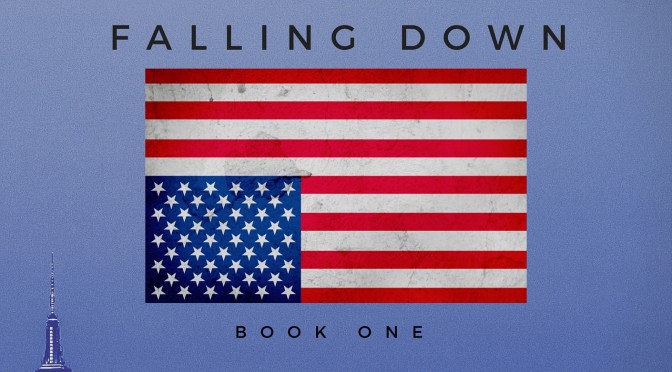As frightening, depressing and infuriating as it can be, these days I spend more time reading about impending catastrophe than about any other subject.
When somebody I know produces such work, there’s a good chance they will get to buc
The novel follows three principle characters through the final stage of America’s fundamental transformation–Eduardo, the news media personality; Hank, the small town sheriff (with a name like that you just know he’s a stand-up guy…ahem); and Cole, Hank’s son and an E-6 in the Army recently returned from a deployment to Syria.
For the awakened, the strongest subcurrents in the novel are familiar: economic collapse; the encroaching police state (as represented by the Department of Fatherland Homeland Security); utter and complete politicization of the Armed Forces, to be used against the American people, and purging of those who would honor their oath of office. But Mathis’ storytelling is so understated, I can almost imagine the typical normalcy-biased coincidence theorist reading it without being offended. Where I used a sledgehammer in False FLag, Mathis uses a small, quiet whisper (relatively speaking).
The cast is rendered expertly, and this is especially obvious with Eduardo. He’s got all the gray areas and “complexities” you could hope for in a three-dimensional character. The plot, pacing and dialog are also strong. Mathis is really firing on all cylinders here. The occasional typo snuck by the editor (as with seemingly every book these days–mine included), but not enough to pull the reader out of his immersion in this near-future dystopia.
It’s hard not to slip into cliches when describing this book, like “page-turner” and “couldn’t put it down.” I had family visiting, plus work and assorted other obligations, and didn’t think I could get much more than a chapter or two read in a 12-day period.
I was stunned to found myself finished with the entire book in two days. I still don’t know how I found so much time. (Getting this review ready for posting took longer, as it turned out.) But it’s that good, and I want more.
Mathis blogs over at The Assembly Area. You can also find him on Facebook or his Amazon page.



